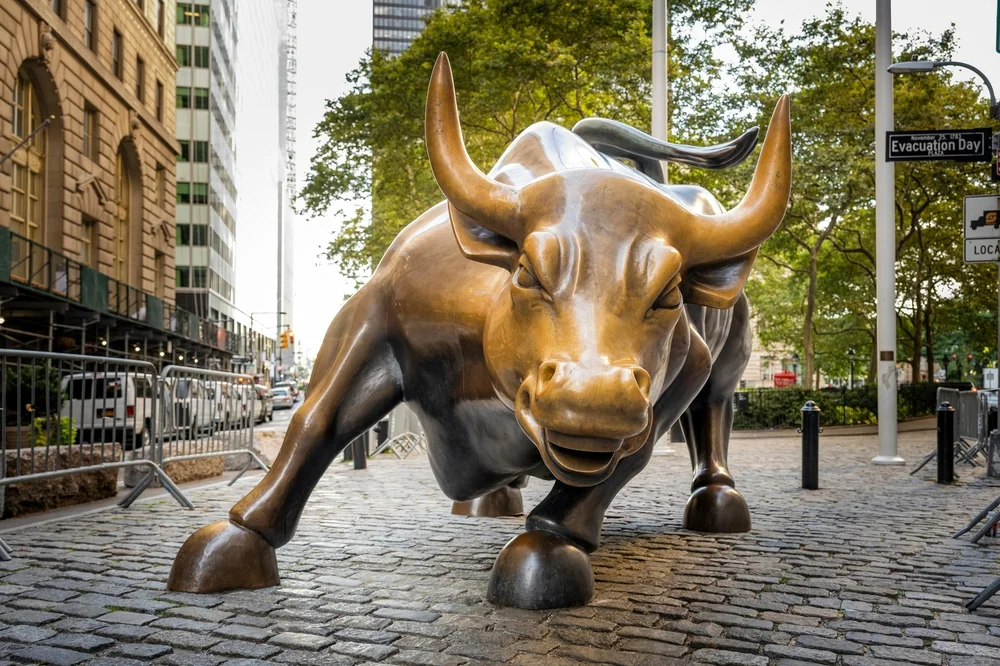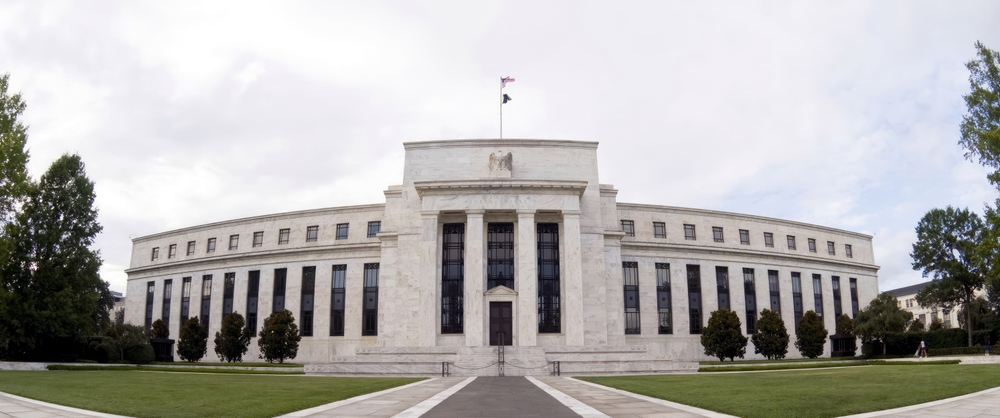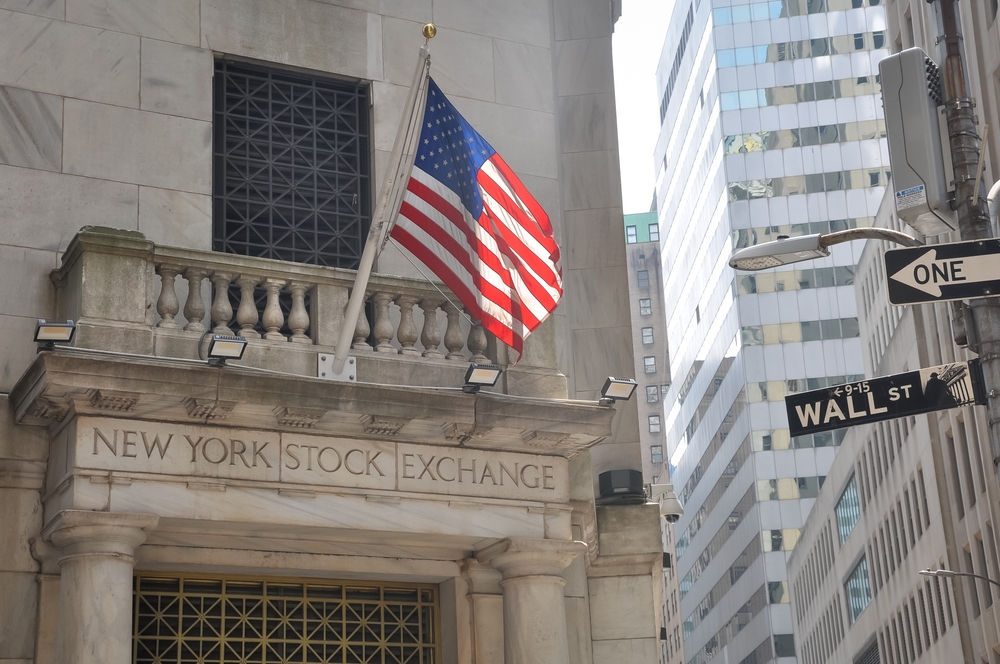
Escape From New York
While Mamdani was gearing up for the primary election, the Texas legislature was busy passing laws designed to attract businesses to the state.
For years, there has been a steady march of businesses from high to low-regulation states. If Zorhan Mamdani, the Democratic Socialist nominee for New York City mayor, is elected, that steady march will turn into a stampede.
Mamdani is anti-business on steroids. His “end goal,” as he put it in a 2021 speech, is “seizing the means of production.” On the campaign trail, he’s pushed policies more radical than those of his role model Bernie Sanders, including higher taxes for “whiter neighborhoods.” As mayor, Mamdani would likely staff City Hall with fellow members of the Democratic Socialists of America, whose party platform calls for the “abolition of capitalism” and the “social ownership of all major industry and infrastructure.” Even Democratic operatives are bracing for “the most far-left mayor in the history of urban America.”
In the wake of Mamdani’s primary victory in June, many commentators have criticized him for ignoring the hard economic realities of supply and demand, price sensitivity, and regulatory compliance costs. But it’s not entirely fair to say that Mamdani does not understand supply and demand. He clearly understands demand. His candidacy is built around a laundry list of demands: free city buses, free child care, free college, public grocery stores, and rent-capped housing. I wish someone would add free parking to the list.
What eludes Mamdani and his fellow Democratic Socialists is how supply works. For one, they have no idea how hard it is. Sixty-four private companies declare bankruptcy every day—a 13 percent increase from last year. Many companies fold early. Nearly half of startups run out of money after their initial seed financing round. Established companies don’t have it much easier. Iconic brands such as Hertz, JCPenney, Rite Aid, TGI Fridays, and Del Monte Foods have all filed for bankruptcy in recent years.
Mamdani also fails to realize that in a fiercely competitive marketplace, regulatory compliance costs cause supply to move to where it’s easier to do business. JP Morgan CEO Jamie Dimon refers to “blue tape,” meaning regulations from progressive hotbeds that are “excessive, confusing, contradictory and infused with ideology.”
Increasingly, companies are opting to avoid blue tape by relocating. Last year, Chevron moved to Texas to get away from California policies that “raise costs, that hurt consumers, [and] discourage investment.” Mamdami’s agenda is far more heavy-handed. He and his fellow Democratic Socialists want to seize private assets, cap profits for real estate owners, and nationalize industries. The threat of a mass exodus of the state’s largest taxpayers has already prompted a response from New York’s Democratic Governor Kathy Hochul, who is promising to veto Mamdani’s proposed tax hikes, explaining that the state cannot afford “to lose any more people to Palm Beach.”
Most profoundly, Mamdani misses the fact that supply is the consumer’s best friend. He rails against New York City’s housing affordability crisis. Yet it’s a crisis born of the city’s unwillingness to create a more robust housing supply. Compare New York City with Austin, which experienced a surge in rents during the COVID-19 pandemic. Austin Mayor Kurt Watson, a Democrat, recognized that the city had a “supply and demand problem.”
Watson responded by loosening blue tape, which helped the city’s housing supply grow at twice the national average and nine times faster than in Los Angeles, San Diego, and San Francisco. Apartment construction also surged as Austin outpaced all other American cities in the number of new rental units added. The building boom generated the expected outcome in prices. Rents have since dropped by seven percent, and single-family home prices are down 15 percent, the steepest decline among major cities.
The fall in home values in Austin has an important lesson that’s lost on dyed-in-the-wool socialists like Mamdani. Current owners lose when there’s more supply. When there’s a housing shortage, homeowners and apartment owners can charge a premium. Competition in the form of new housing units squeezes those margins. Putting a lid on new supply protects them.
New York City’s housing policies illustrate the point. While Austin increased its housing supply by 17 percent from 2020 to 2024, New York City’s housing stock increased by only 3 percent. The city’s renters have paid the price. During the same period, housing prices in New York City have increased by nearly 50 percent, far more than in Austin when adjusted for employment growth.
Mamdani’s response to New York’s supply-driven housing predicament is to freeze rents and build 200,000 new rent-stabilized apartments. Neither will expand the pool of affordable housing. Freezing rents for the city’s rent-controlled apartments will only reduce the number of rent-controlled units. In 2023, the city lost over 4,000 rent-stabilized units when rent increases were permitted. Mamdani’s building project is more about social engineering than construction. The new units must be union-built, among other requirements. Real estate investors are more likely to build in the Southeast, where local officials want builders to build, not advance a progressive agenda.
The exodus from overregulated states is not just about companies getting pushed out. There are also significant pull factors. The states attracting new businesses are those that are intensely focused on removing outmoded supply restrictions. They view it as a problem when markets become calcified under the burden of excessive government mandates and reform their rules to encourage economic dynamism. These states are poised to welcome the businesses that will shift operations, investments, and personnel if Mamdani wins.
While Mamdani was gearing up for the primary election, the Texas legislature was busy passing laws designed to attract businesses to the state. Building on the recently established business courts, lawmakers this spring enacted bipartisan measures to reduce frivolous litigation and streamline business cases. Publicly traded companies can take advantage of Texas’s new capital markets laws by incorporating in the state and either relocating their headquarters to Texas or listing on a stock exchange headquartered in the State.
That day may come soon.
The Securities and Exchange Commission (SEC) is currently reviewing an application from the Texas Stock Exchange (TXSE), which is seeking to compete with the Wall Street legacy exchanges. James Lee, the founder and CEO of TXSE Group, Inc., is on a mission to reverse what he calls a “troubling trend.” Over the past 25 years, the number of publicly traded companies in the U.S. has declined by over 40 percent. Instead of selling shares to retail investors through public stock exchanges, companies are raising money instead from venture capital funds, private equity firms, and high-net “accredited” investors.
According to Lee, the problem with legacy stock exchanges, like with overregulated states, is on the supply side. They have both squeezed out companies through costly mandates. The loser again, is the consumer. Mom-and-pop retail investors have fewer companies to invest in when more companies delist from public exchanges or opt out of public markets altogether. Lee’s solution is to create a new exchange that will attract companies currently traded on the legacy exchanges and encourage more companies to go public and stay public.
Lee found the right place and the right time for the new exchange. Like with the housing supply, Texas is pro-growth when it comes to business. And with Mamdani rising in New York, the state can now offer New York’s leading businesses a package deal: relocate to Texas and list on the TXSE. Call it the Texas Two-Step.
Michael Toth is a research fellow with the Civitas Institute and a seasoned tech general counsel with over fifteen years of corporate counsel and litigation experience. He has served as a lawyer in the Marine Corps and as senior counsel at the Texas Office of Attorney General.
Economic Dynamism
.jpg)
Do Dynamic Societies Leave Workers Behind Culturally?
Technological change is undoubtedly raising profound metaphysical questions, and thinking clearly about them may be more consequential than ever.

The War on Disruption
The only way we can challenge stagnation is by attacking the underlying narratives. What today’s societies need is a celebration of messiness.

Unlocking Public Value: A Proposal for AI Opportunity Zones
Governments often regulate AI’s risks without measuring its rewards—AI Opportunity Zones would flip the script by granting public institutions open access to advanced systems in exchange for transparent, real-world testing that proves their value on society’s toughest challenges.

Downtowns are dying, but we know how to save them
Even those who yearn to visit or live in a walkable, dense neighborhood are not going to flock to a place surrounded by a grim urban dystopia.

The Housing Crisis
Soaring housing costs are driving young people towards socialism—only dispersed development and expanded property ownership can preserve liberal democracy.

Oren Cass's Bad Timing
Cass’s critique misses the most telling point about today’s economy: U.S. companies are on top because they consistently outcompete their global rivals.

Blocking AI’s Information Explosion Hurts Everyone
Preventing AI from performing its crucial role of providing information to the public will hinder the lives of those who need it.



.jpeg)




.jpg)





